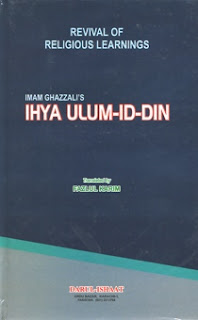 From School Library Journal
From School Library JournalGrade 10 Up–This encyclopedia describes and illuminates a momentous 650-year period of world history that includes what historians have called The Dark Ages and the Renaissance. While the resource focuses on the political, military, and social aspects of the religious wars (Crusades, The Thirty Years' War, Inquisition, The Armada, Turkey and the Ottoman Empire) that created enormous changes in the political and social landscape of Europe and Asia, it also addresses social customs (chivalry, tournaments); historical movements (feudalism, Reformation, age of exploration); religious organizations and beliefs (Catholic Church, Calvinism, Islam, Orthodox Churches, Confucianism); and the lives of important figures (Oliver Cromwell, Niccolò di Bernardo Machiavelli, Cardinal Richelieu). Nolan's well-written and authoritative preface serves as an excellent and clear introduction to this large slice of world history, and the alphabetically arranged entries are equally informative, impartially written, and accessible to students. The longer entries end with cross-references and a short list of suggested reading. Except for a section of 25 black-and-white maps, which are sometimes hard to read, there are no illustrations. A 22-page chronology, an extensive selected bibliography that includes some Web sites, and a helpful index end the set. Though specialized, this encyclopedia is recommended for libraries supporting a robust world history curriculum or fielding a number of questions on the topic.–Jack Forman, Mesa College Library, San Diego
PDF | 6 MB
Download link





